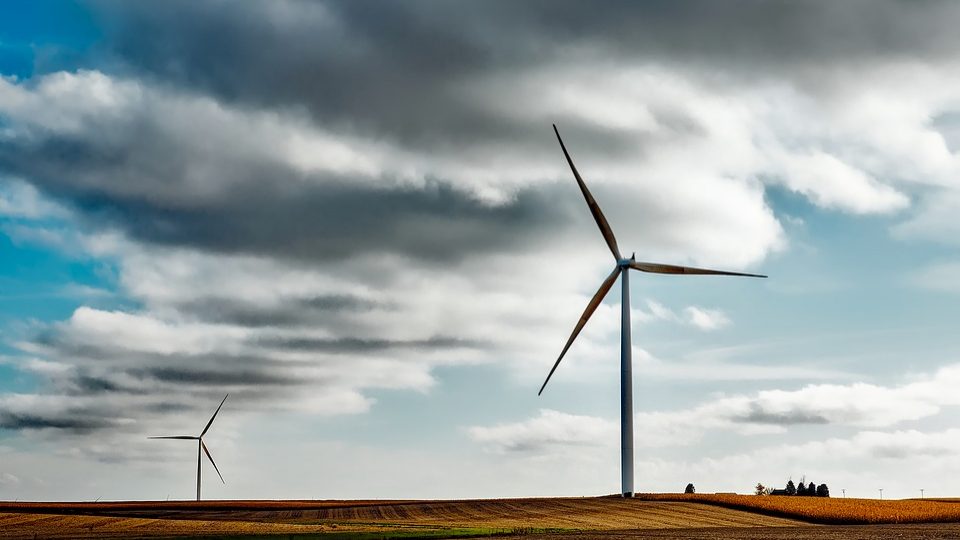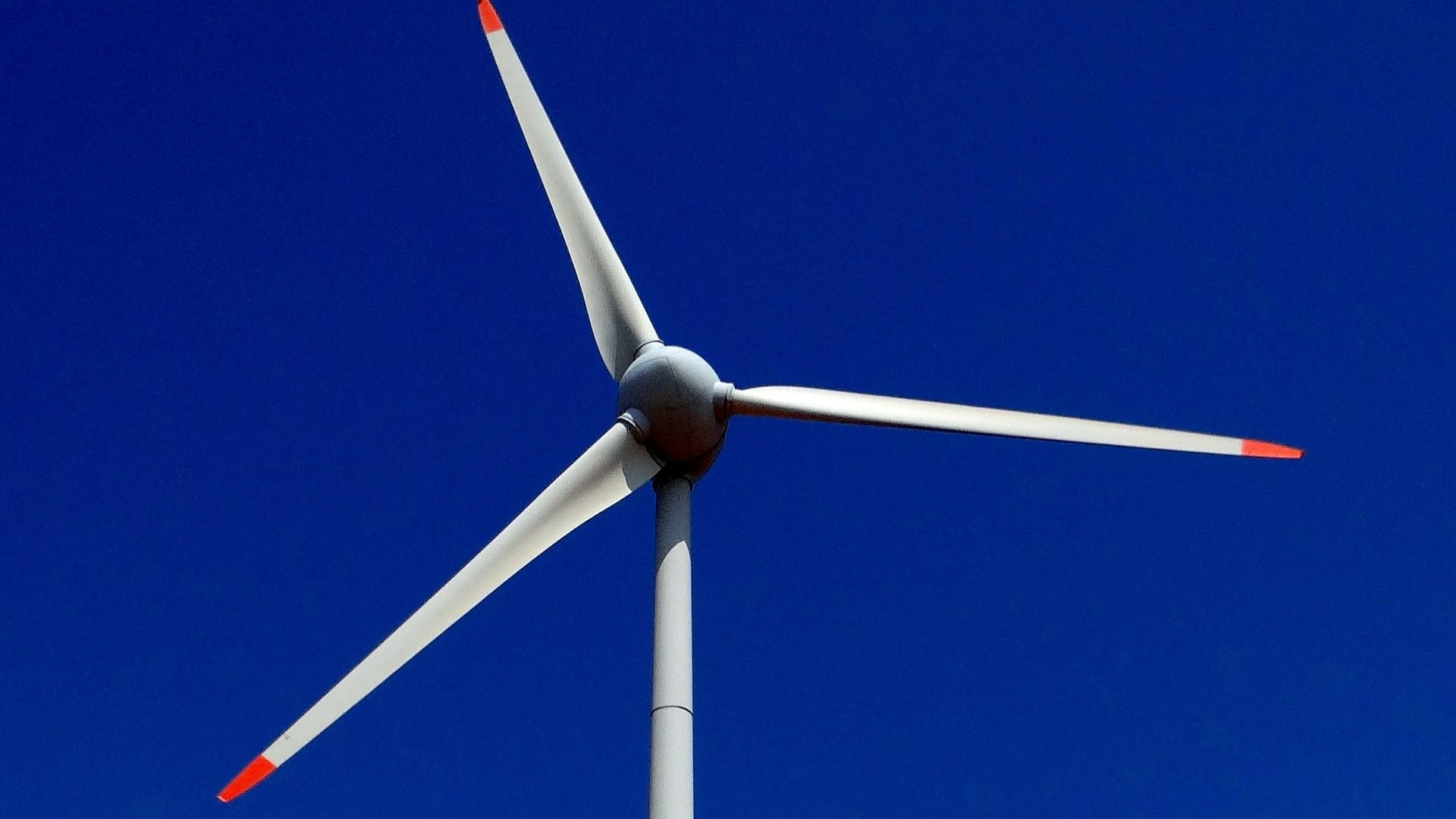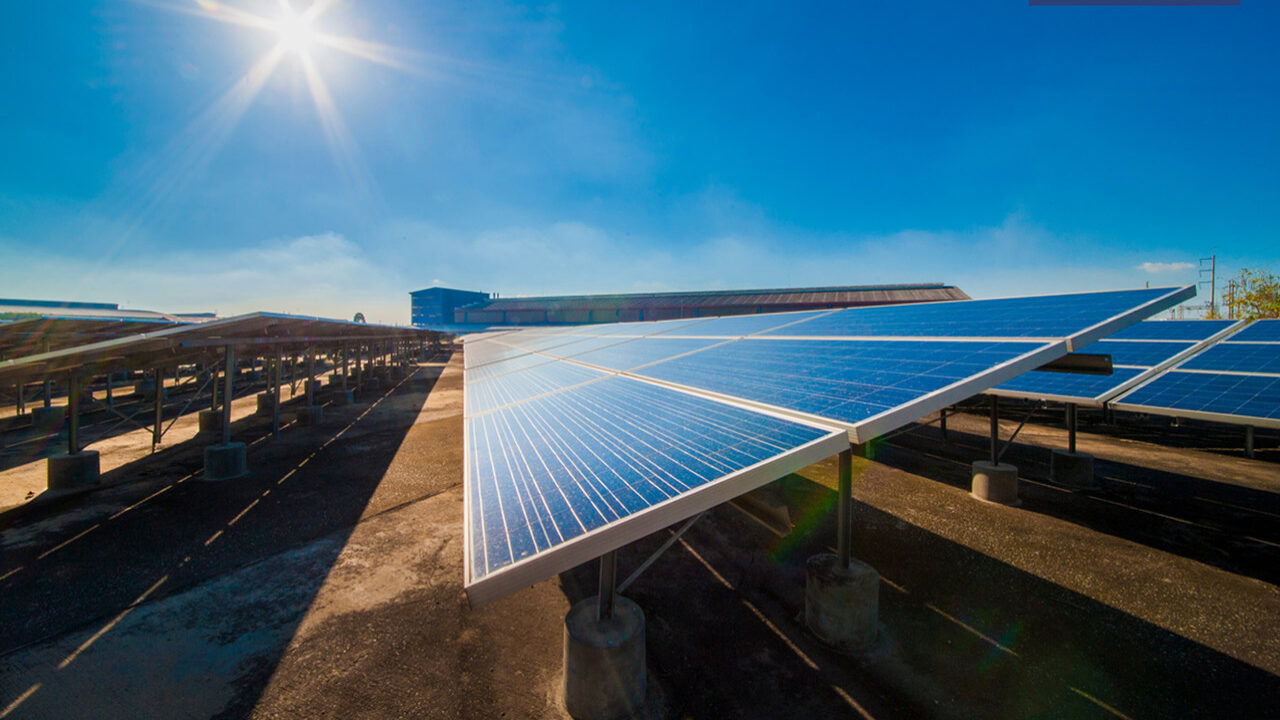Renewables to make up 80% of electricity production by 2026
By 2030 the goal is to reduce "55% of greenhouse gas emissions", and 40% of emissions in the transport and mobility sector.
The minister of environment and climate action on Monday reiterated that the government wants to increase to 80% by 2026 the weight of renewable energy in electricity production, arguing that Portugal has natural resources that cannot be underestimated.
“Portugal has natural resources that cannot be underestimated, the secret will be in the ability to harness them and make this growth compatible with environmental development,” said Duarte Cordeiro, at the opening session of the inaugural conference of the “State Budget Year 2023: Energy and Climate”, in Braga, in which he participated by video conference.
Listing the set of measures that the government has put in place to achieve carbon neutrality by 2045, the minister reiterated the objective “to increase in this mandate – by 2026 – to 80% the weight of renewable energy in electricity production, bringing forward the target set in the National Energy and Climate Plan by four years.
In the short term, Duarte Cordeiro also points as a path to reduce, by 2030, “55% of greenhouse gas emissions”, and 40% of emissions in the transport and mobility sector, as well as to increase to 47% the weight of renewable energy in the gross final consumption of energy.
The minister said that there are several challenges ahead for Portugal, stressing that it is necessary to boost the country’s existing natural resources.
From the point of view of hydroelectric potential, it is necessary to “improve pumping capacity,” the minister said, adding that in a system made up of renewable energy it is also necessary to have “guarantees of reliability and backup in the system.
He exemplified with the need to launch the tender to keep in operation the Tapada do Outeiro combined cycle power plant in Gondomar, district of Porto, whose production license ends in March 2024.
The aim is for this to be a reserve from the point of view of the country’s energy supply, but at the same time also to be a possibility for future development, with a view to greater penetration of renewable energy, he explained.
The government is also preparing the “biggest tender” for renewable production – Offshore Wind – and plans to “multiply the capacity of solar by a lot.
Stressing that 38% of the Recovery and Resilience Plan (RRP) funds are allocated to climate action, the minister of the environment and climate action conceded that the armed conflict in Ukraine forced the acceleration of all measures and with a view to energy transition, considering the environmental impacts, but also economic.
Portugal, he added, “decided that the path was to accelerate and not recover,” moving towards the simplification of the licensing of clean forms of energy, with the government’s environmental bureaucracy simplification programme, and acting to control the price of energy for families and businesses.


